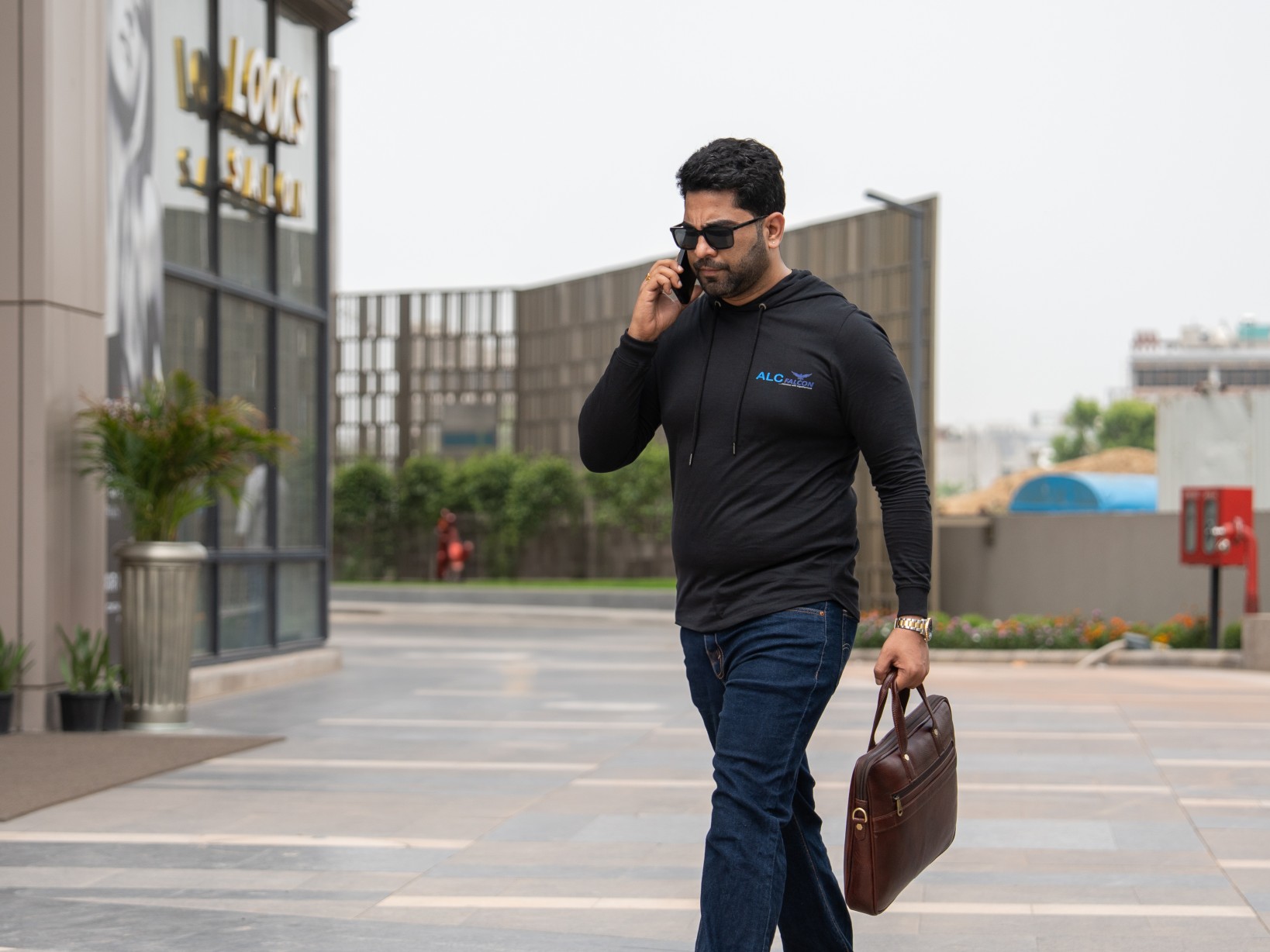


In today’s fashion industry, sustainability isn’t just a buzzword—it’s a responsibility. While many companies focus on reducing direct emissions (Scope 1) and those from purchased energy (Scope 2), the real challenge lies in tackling Scope 3 emissions—the indirect emissions that occur throughout the supply chain. These emissions can account for up to 90% of a fashion brand’s total carbon footprint, covering everything from raw material extraction and manufacturing to transportation, usage, and disposal. Addressing them isn’t just important—it’s imperative.
We at TGW aren’t just participating in the sustainability movement—we’re leading it. Specializing in expertly crafted uniforms for industries with uniformed workforces, TGW takes a holistic approach to sustainability. Their uniforms are made from organic materials, produced using eco-friendly methods, and designed to reduce carbon impact at every stage of the supply chain. But what truly sets TGW apart is its unwavering commitment to tackling the Scope 3 emissions challenge head-on.

For businesses looking to shrink their environmental footprint, partnering with TGW is a game-changer. By choosing TGW’s sustainably produced uniforms, companies automatically reduce their Scope 3 emissions related to garment procurement. This is crucial because, according to industry research, the majority of emissions in the apparel sector come from purchased goods and services. By shifting to TGW’s sustainable solutions, businesses can ensure that their operations are aligned with global environmental goals, such as carbon neutrality and circular economy principles.
It’s no secret—managing Scope 3 emissions is incredibly complex. Unlike direct emissions, these emissions are often outside a company’s immediate control, requiring a rigorous and detail-oriented approach to supply chain sustainability. Many businesses struggle with this, but TGW embraces the challenge with an obsessive dedication to environmental responsibility. From selecting ethical suppliers to implementing low-impact manufacturing processes, TGW ensures that every step aligns with a carbon-conscious philosophy.


When companies choose TGW, they’re not just buying uniforms—they’re investing in a greener future. In today’s landscape, where consumers and stakeholders demand transparency and accountability, aligning with a brand like TGW helps businesses stay ahead of sustainability trends and regulatory expectations.
Sustainability isn’t just an option anymore—it’s an expectation. And with TGW, companies don’t just talk about reducing emissions—they actually do it.
TGW proves that addressing Scope 3 emissions isn’t just possible—it’s necessary. By prioritizing eco-friendly materials, ethical sourcing, and carbon-conscious manufacturing, TGW helps companies bridge the gap between environmental responsibility and business practicality.
For organizations looking to take their sustainability efforts to the next level, partnering with TGW isn’t just a smart choice—it’s the right one.
Sustainability isn’t just about internal change—it’s about building a network of organizations committed to reducing their environmental impact. TGW’s Corporate Gifting Package allows businesses to extend their sustainability efforts beyond operations by choosing eco-conscious, ethically crafted gifts. Through our gestures, we aim to sensitize our corporate families towards adopting a more conscientious approach towards progress.
We believe in building a community committed to a greener future.
TGW isn’t just transforming workplaces—it’s shaping the future. Through sustainable educational institution uniforms, (including schools, colleges , universities, sporting teams and so on) made using the same eco-friendly raw material sources as corporate apparel, TGW is ensuring that educational institutions take a leadership role in the Scope 3 movement. Institutions embracing sustainable uniforms not only reduce their carbon footprint but also set the right example for future generations. By integrating sustainability into everyday student life, TGW empowers institutions to lead by example, fostering a culture where sustainability is second nature.